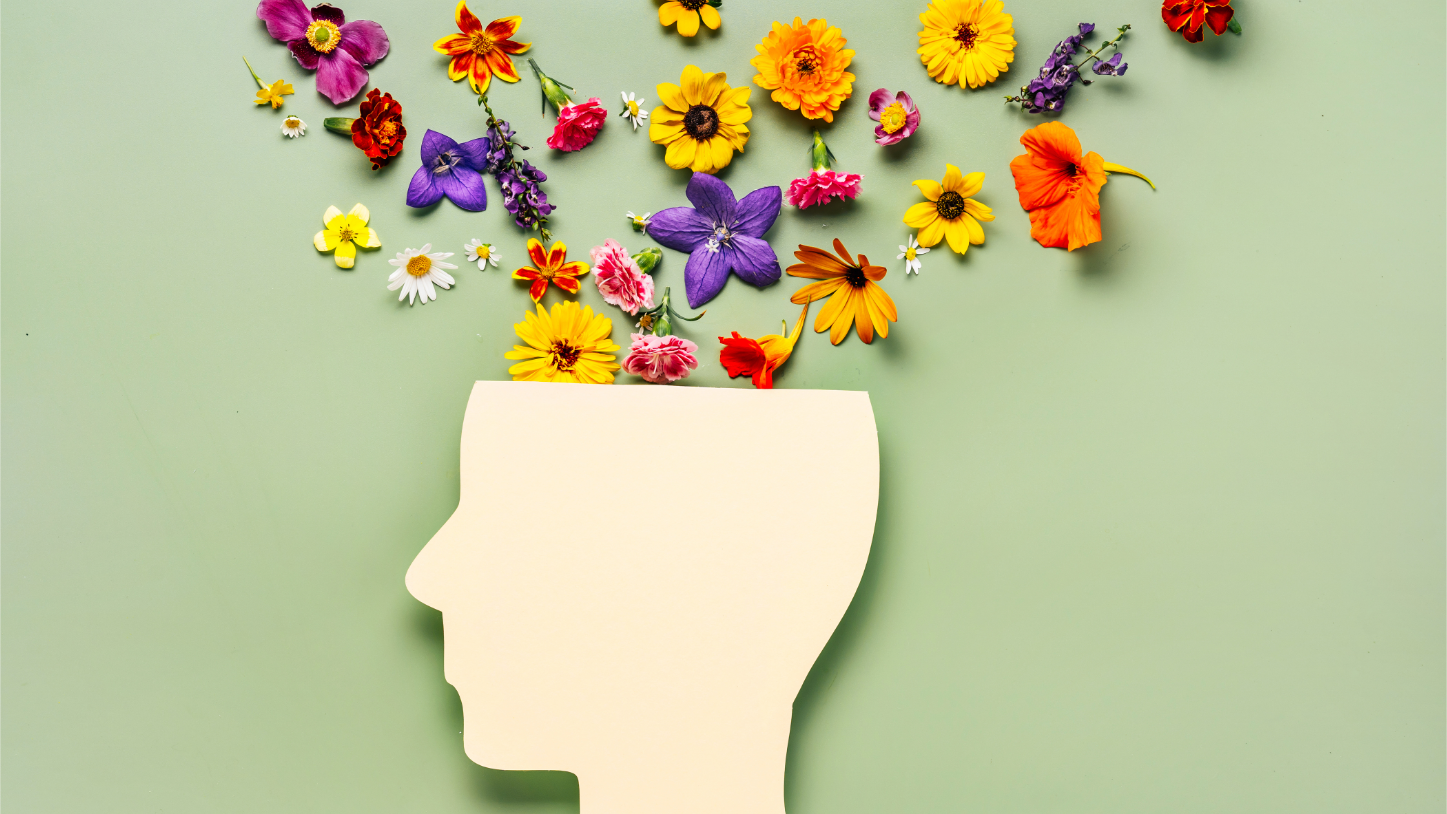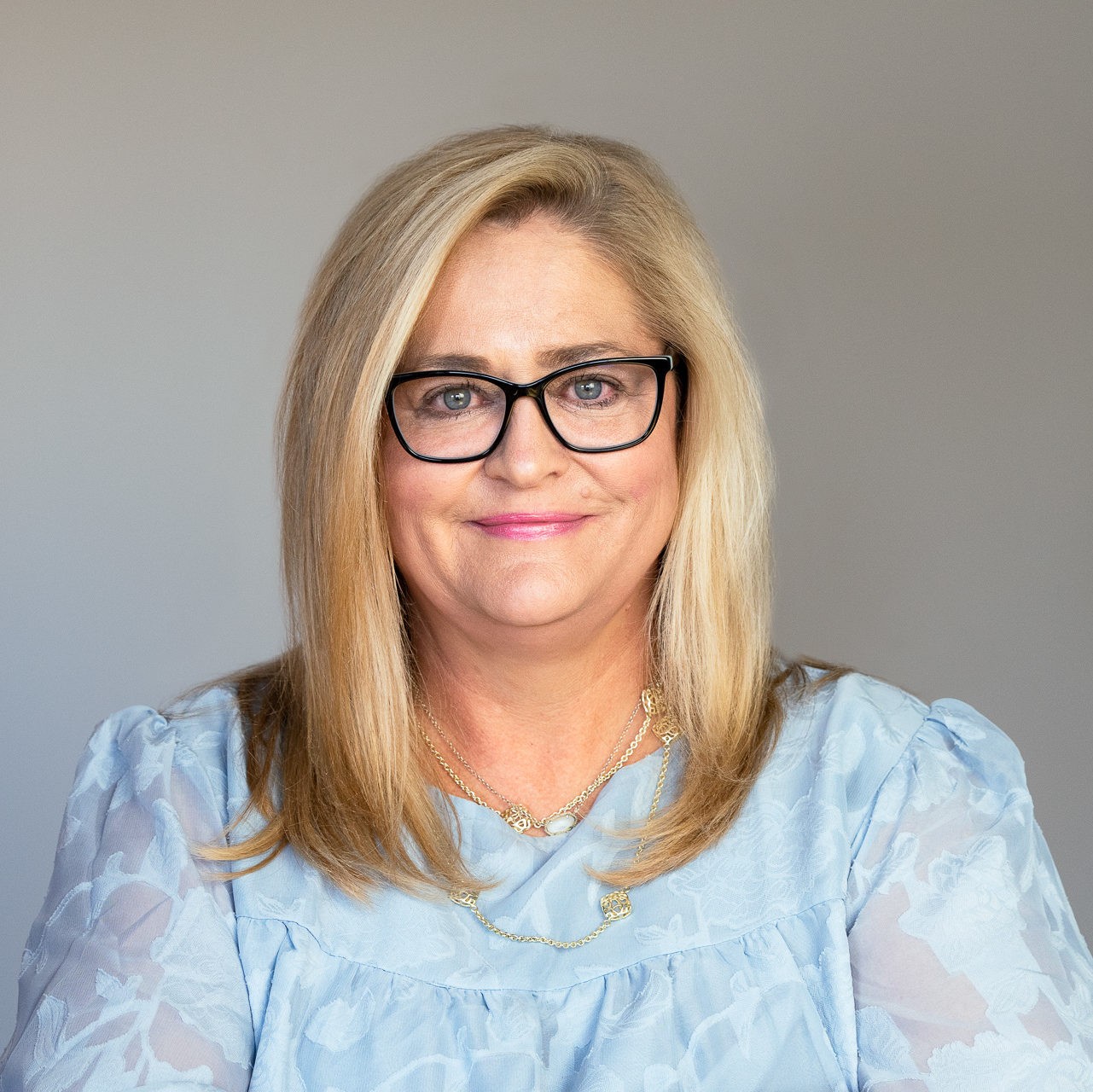Grantee partner convening: Be human first

“Be human first in your care.”
Amy Carol Dominguez, director of disaster services from Vibrant Emotional Health, shared this phrase as she led the domestic grantmaking team from the Center for Disaster Philanthropy and our grantee partners through a discussion about dealing with disaster fatigue, burnout and the emotions that come from engaging in seemingly never-ending cyclical disasters. During the latest CDP Grantee Partner Convening held on Aug. 15, Amy discussed the work of the Crisis Emotional Care team at Vibrant and how they support people and organizations on the frontlines of disaster recovery.
Key takeaways
Amy walked us through how best to lead through times of crisis and change. Since we all work in some capacity in disasters, we are constantly working through crises and changes that impact us, our staff teams and colleagues, and, of course, the disaster survivors we aim to support. It’s critical we remain in tune with ourselves and those we work with to identify when grounding, time away or simply a deep breath will help us take the next step toward recovery.
We learned the five essential principles of psychosocial care to help people and ourselves when confronted with disaster, trauma, grief, tragedy and loss. The principles are to promote:
- Sense of safety
- Calming
- Self- and community-efficacy
- Social connectedness
- Hope
As we hear more frequently about disaster fatigue and burnout in the world of nonprofits, taking care of ourselves is critical to sustaining our work. We all know that change happens – disasters happen. We must acknowledge this and how we may feel about it. We must find methods for dealing with the feelings that change and disasters cause.
How we care for ourselves and others will vary by circumstance, but practicing box breathing (a deep breathing technique to help you slow down your breathing and calm your nervous system) when we feel anxious or stressed and remembering to take time to eat and rest are all excellent starting points.
What’s next?
If you haven’t done so already and if you have the opportunity, I recommend taking a mental health first aid course. I know from experience that the principles you learn can help you manage your work life and are also relevant to your personal life.
And remember to be human first in your care – your care for yourself and others. After all, it’s humanity we serve, and we are all part of the human experience. We must care for ourselves and our emotional health and well-being to be better caretakers for the community and the humans we are called to help.
Active CDP domestic grantee partners, please plan to join us for our next convening scheduled for Oct. 29 at 1 p.m. CT. Details to come!
